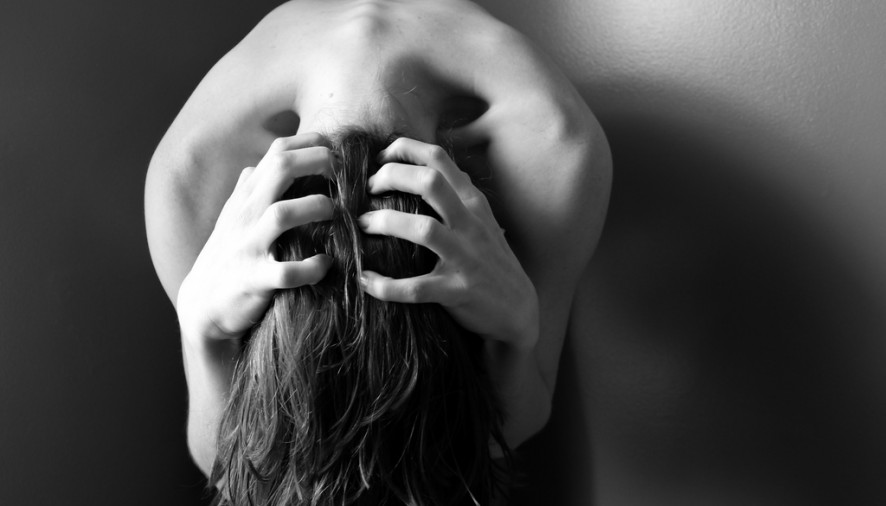My mental health was undoubtedly at its worst when I was about 15 or 16 years old. I’ve deleted virtually any evidence, and tried to repress the memories of my existence from around that time because I was an overweight emo kid with red hair and red skinny jeans to match. I thought that I could relate to all the songs that My Chemical Romance wrote about death, and I actually dropped out of a school ski trip to go and see them live in 2012.
Looking back, it’s embarrassing, but I’m sure we’ve all had a similar experience.
Yet my sulky appearance and my romanticisation of anything dark and depressing gave a glimpse as to how I was feeling inside. There will always be the expectation that teenagers will be moody, but I don’t remember a time during that period where I wasn’t angry at something. Angry at my parents. Angry at my friends. Angry at myself.
I know that I must have caused a lot of pain to the people around me at this time, and of course I can see now that my behaviour was unbelievably out of line, but part of me can’t apologise for it. It seems selfish to not want to take full responsibility for my actions, instead choosing to blame then on my mental illness, but that was my reality. It’s difficult to be aware of what you’re doing or the effect you’re having on people when you spend most of your time wanting to die. It sounds dramatic, but unfortunately it’s true.
Mental illnesses can’t always be a scapegoat for mood swings and apathy, but if the stigma that surrounds mental health is ever to be eradicated, people need to start accepting the ‘undesirable’ side effects of mental illness.
Depression doesn’t always equal sadness. Anxiety doesn’t always equal shyness. The wide spectrum of emotions, from anger to guilt, apathy to frustration are the brutal realities of mental illnesses, and sometimes I feel as though it’s just not necessary to apologise for the way you feel when you have very little, if any control over it.
Now, far from being the My Chemical Romance loving teenager that I was five years ago,my mental health affects my emotions in different ways than it did back then. Today, I’m no longer the angry teenager that I was, but I can admit that I can be irrational, impatient, and easily agitated when I’m having a bad day. Most of the time I don’t even realise if I’ve acted inappropriately, and it’s difficult to apologise for something you don’t know you’ve done. By this point, I’ve gotten so used to the way in which my mental illnesses make me act, that I just accept my behaviour as normal. All I can hope is that, when I’m at my worst and unable to distinguish between what’s appropriate and what’s not, that the people around me can understand why I’m being the way I am.
Lauren Davies
Image property of Porsche Brosseau.

